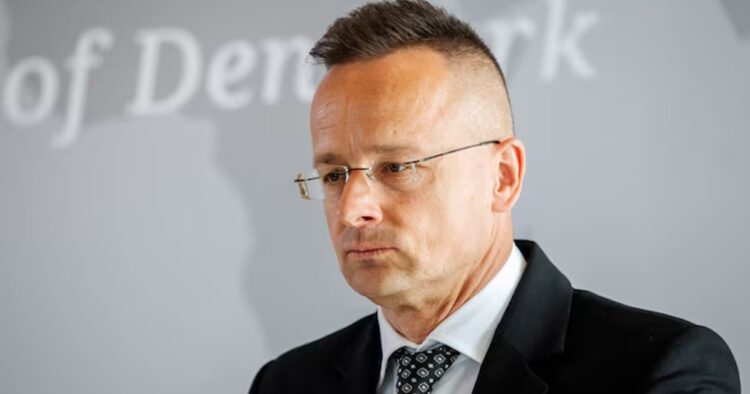In a step towards boosting its nuclear capabilities, Hungary’s government has inked a cooperation agreement with Belarus aimed at bolstering the construction of Hungary’s second nuclear plant. Hungarian Foreign Minister Peter Szijjarto announced during his visit to Minsk on Wednesday.
Hungary’s second nuclear plant, known as PAK 2, has been in construction since 2014 under the supervision of Russia’s state-owned nuclear energy corporation, Rosatom. The project involves the construction of two reactors, each with a capacity of 1.2 gigawatts, located in central Hungary.
Minister Szijjarto highlighted the importance of the agreement signed with Belarus, emphasizing the potential benefits of utilizing Belarus’ experiences in constructing reactors with similar technology. However, specific details regarding the agreement were not disclosed during the announcement.
Despite the significant investment of 12.5 billion euros ($13.57 billion) into the project, PAK 2 has faced prolonged delays. These delays have persisted despite nuclear power not being subject to European Union sanctions against Russia, which were imposed due to the conflict in Ukraine.
Hungary’s Stance on Sanctions and Relations with Russia
Hungary has been vocal in opposing the expansion of sanctions to include the energy sector, particularly given its heavy reliance on Russian energy sources. This stance has led to strained relations with some EU counterparts, especially in the aftermath of Russia’s invasion of Ukraine.
Minister Szijjarto also criticized proposals from certain European and NATO countries to send soldiers to Ukraine for training purposes. He expressed disapproval of such statements, reflecting Hungary’s stance on military intervention in the region.
ALSO READ: “Russia’s Nuclear Arsenal Shifts to Belarus: Escalating Tensions Near NATO Borders”
EU Discussions on Training Ukrainian Forces
The European Union’s defense ministers recently debated the idea of training Ukrainian forces within Ukraine itself. However, they did not reach a consensus on this sensitive issue. Currently, the EU conducts training missions for Ukrainian troops, but these take place within EU member states.
Hungary’s government has maintained strained relations with Kyiv while fostering closer ties with Moscow, especially following Russia’s invasion of Ukraine two years ago. This geopolitical dynamic has influenced Hungary’s approach to both regional security and energy cooperation.
Hungary’s nuclear cooperation accord with Belarus marks a significant development in its efforts to expand its nuclear capabilities. However, challenges and geopolitical considerations continue to shape Hungary’s approach to energy security and foreign relations.

















Comments